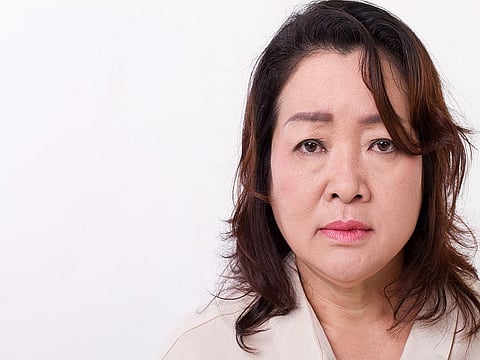SUNDAY, Jan. 10, 2016 (HealthDay News) -- The wage gap between American women and men might be one reason why women have higher rates of depression and anxiety, a new study suggests.
Women with lower incomes than men with similar levels of education and experience were about 2.5 times more likely to have major depression than men. But, women who had incomes similar to their male counterparts didn't have a greater risk of depression than men, the research revealed.
"Our results show that some of the gender disparities in depression and anxiety may be due to the effects of structural gender inequality in the workforce and beyond," study author Jonathan Platt, a Ph.D. student at the Columbia University Mailman School of Public Health's department of epidemiology, said in a university news release.
"The social processes that sort women into certain jobs, compensate them less than equivalent male counterparts, and create gender disparities in domestic labor have material and psychosocial consequences," he said.
The study was published in the January issue of the journal Social Science & Medicine.
The researchers looked at data gathered from more than 22,000 working adults, aged 30 to 65. The information was collected between 2001 and 2002.
Overall, women were nearly twice as likely as men to have been diagnosed with depression in the past year, the study found.
In addition to finding that women who earned less than men were far more likely to be depressed, the investigators also found that women had more than double the risk of generalized anxiety disorder in the past year.
But, again, when the researchers broke the results down by earnings, they saw the gender wage gap made a difference. Women who earned less than men had about a four times higher risk of anxiety disorder than men. The risk for women whose incomes were similar to their male counterparts was greatly decreased, the study showed.
These findings suggest that women may be more likely to place the blame for their lower income on themselves, and not on gender discrimination, the study authors said.
"If women internalize these negative experiences as reflective of inferior merit, rather than the result of discrimination, they may be at increased risk for depression and anxiety disorders," Platt said.
According to Katherine Keyes, the study's senior author and an assistant professor of epidemiology at Columbia: "Our findings suggest that policies must go beyond prohibiting overt gender discrimination, like sexual harassment."
It's commonly believed that gender differences in depression and anxiety have biological roots, Keyes said in the news release.
But, she added, "these results suggest that such differences are much more socially constructed than previously thought, indicating that gender disparities in psychiatric disorders are malleable and arise from unfair treatment."
It's important to note, however, that the study wasn't designed to prove a cause-and-effect relationship between income disparity and mental health.
More information
The U.S. National Institute of Mental Health has more about depression.


